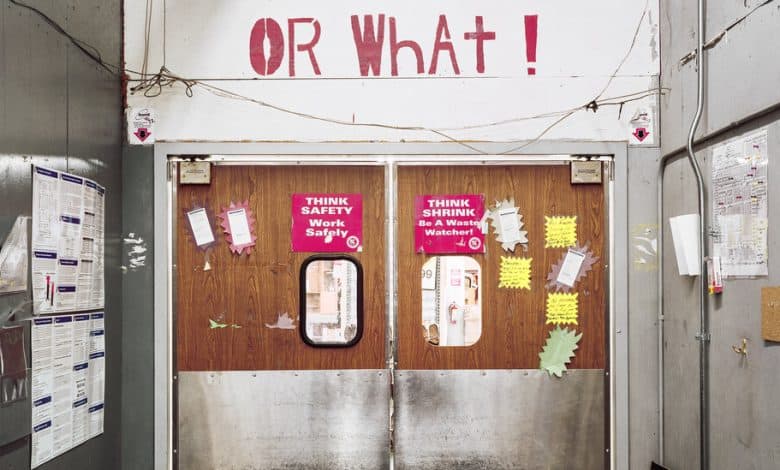It’s Not Just Wages. Retailers Are Mistreating Workers in a More Insidious Way.

Back in 2018, with an eye to writing a novel about low-wage work in America, I got a job at a big-box store near the Catskills in New York, where I live. I was on the team that unloaded the truck of new merchandise each morning at 4 a.m.
We were supposed to empty the truck in under an hour. Given how little we made — I was paid $12.25 an hour, which I was told was the standard starting pay — I was surprised how much my co-workers cared about making the unload time. They took a kind of bitter pride in their efficiency, and it rubbed off on me. I dreaded making a mistake that would slow us down as we worked in tandem to get between 1,500 and 2,500 boxes off the truck and sorted onto pallets each morning. When the last box rolled out of the truck, we would spread out in groups of two or three for the rest of our four-hour shift and shelve the items from the boxes we’d just unloaded.
Most of my co-workers had been at the store for years, but almost all of them were, like me, part time. This meant that the store had no obligation to give us a stable number of hours or to adhere to a weekly minimum. Some weeks we’d be scheduled for as little as a single four-hour shift; other weeks we’d be asked to do overnights and work as many as 39 hours (never 40, presumably because the company didn’t want to come anywhere close to having to pay overtime).
The unpredictability of the hours made life difficult for my co-workers — as much as, if not more than, the low pay did. On receiving a paycheck for a good week’s work, when they’d worked 39 hours, should they use the money to pay down debt? Or should they hold on to it in case the following week they were scheduled for only four hours and didn’t have enough for food?
Many of my co-workers didn’t have cars; with such unstable pay, they couldn’t secure auto loans. Nor could they count on holding on to the health insurance that part-time workers could receive if they met a minimum threshold of hours per week. While I was at the store, one co-worker lost his health insurance because he didn’t meet the threshold — but not because the store didn’t have the work. Even as his requests for more hours were denied, the store continued to hire additional part-time and seasonal workers.
Most frustrating of all, my co-workers struggled to supplement their income elsewhere, because the unstable hours made it hard to work a second job. If we wanted more hours, we were advised to increase our availability. Problem is, it’s difficult to work a second job when you’re trying to keep yourself as free as possible for your first job.